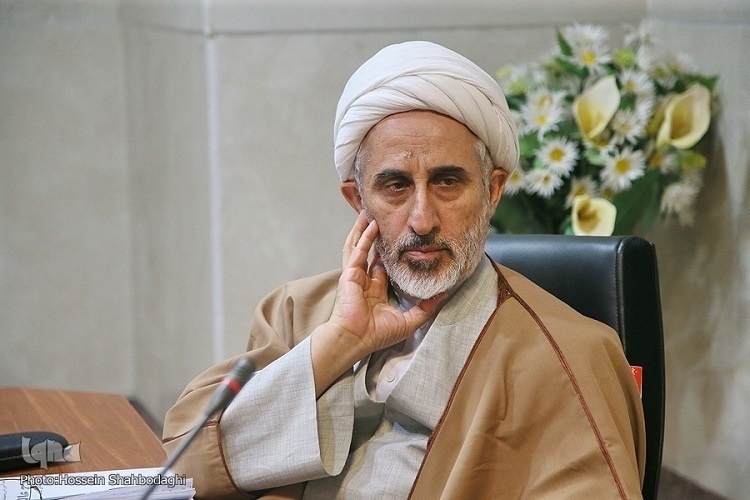‘Prophet Is the Bond of Unity for All Muslims,’ Scholar Says

The remarks were made by Hojat-ol-Islam Mehdi Rostamnejad, former deputy of seminaries in Iran and head of the Hajj and Pilgrimage Research Center, in an interview on the occasion of Islamic Unity Week. The week is marked annually in Iran to promote dialogue and closeness among different Islamic schools of thought.
“Unity is one of the most important practices of the Prophet,” Rostamnejad said. “When he is described as a mercy to the worlds, it means he is the link connecting all of humanity. While Islamic Unity Week belongs to Muslims, the Prophet is in fact a bond for all people.”
He explained that the Prophet’s presence, teachings, and name play the same role for Muslims as the Kaaba and the Quran do. “Just as all Muslims agree on the five daily prayers and share one Quran, the Prophet is a foundation of unity,” he said.
Read More:
Rostamnejad stressed that unity does not require abandoning beliefs or traditions. “It doesn’t mean Shia must become Sunni or Sunni must become Shia,” he said. “It means that despite differences, Muslims of all schools should stand together against the enemies of God, such as the US and Israel.”
He argued that today’s threats target Islam as a whole, not only one branch. “Enemies have attacked the Quran, the Prophet, and Islam itself,” he said. “Their issue is not with Shia or Sunni in particular. They want either to destroy Islam or make Muslims their subjects.”
Islamic Unity Week is observed annually in Iran between the two dates believed to mark the Prophet’s birthday in Sunni and Shia traditions. The event includes conferences, sermons, and cultural activities highlighting common values and stressing Muslim solidarity in a time of global challenges.
4304407



